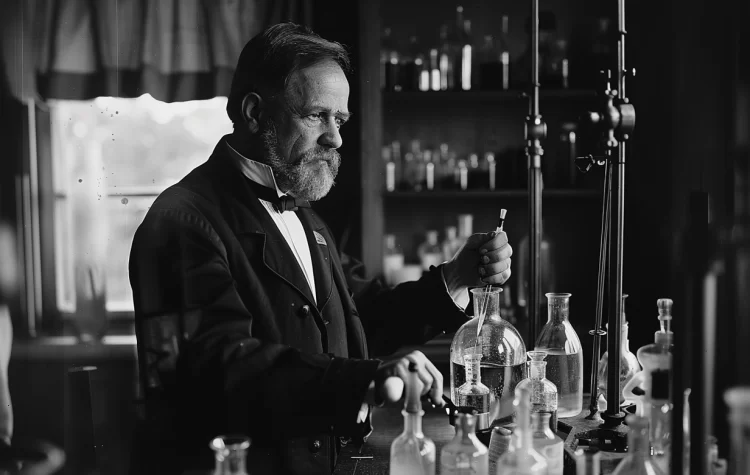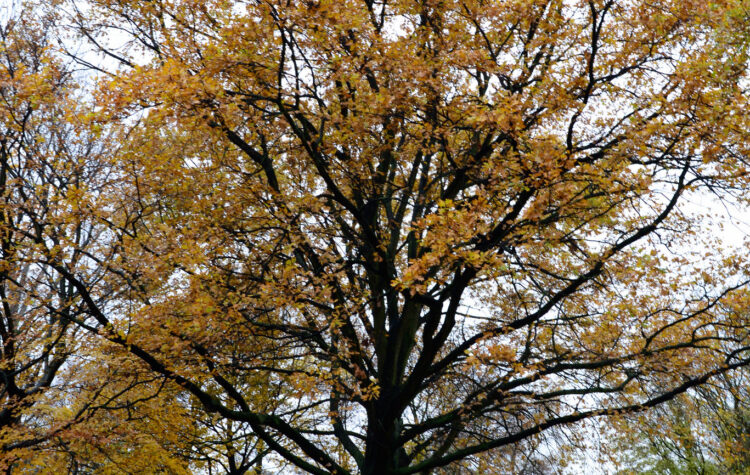- Definition: Photosynthesis is a biological process by which green plants and certain other organisms transform light energy into chemical energy. During photosynthesis, carbon dioxide and water are converted into sugars and oxygen, using sunlight as the energy source. This process is fundamental to the survival of life on Earth, as it is the primary source of oxygen and energy-rich organic compounds.
- Etymology and Origin: “Photosynthesis” comes from the Greek words “fos,” meaning “light,” and “synthesis,” meaning “putting together.” The term was first used in the 1890s, reflecting the process by which plants and some microorganisms use sunlight to synthesize nutrients from carbon dioxide and water.
Photosynthesis: Nature’s Solar-Powered Energy Conversion



